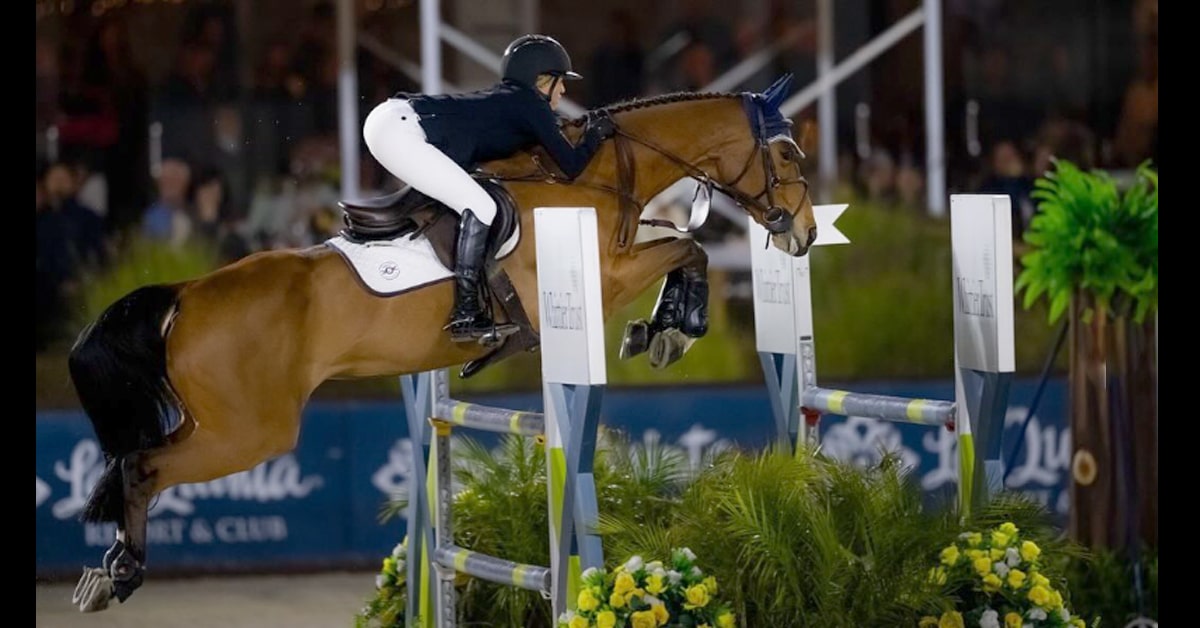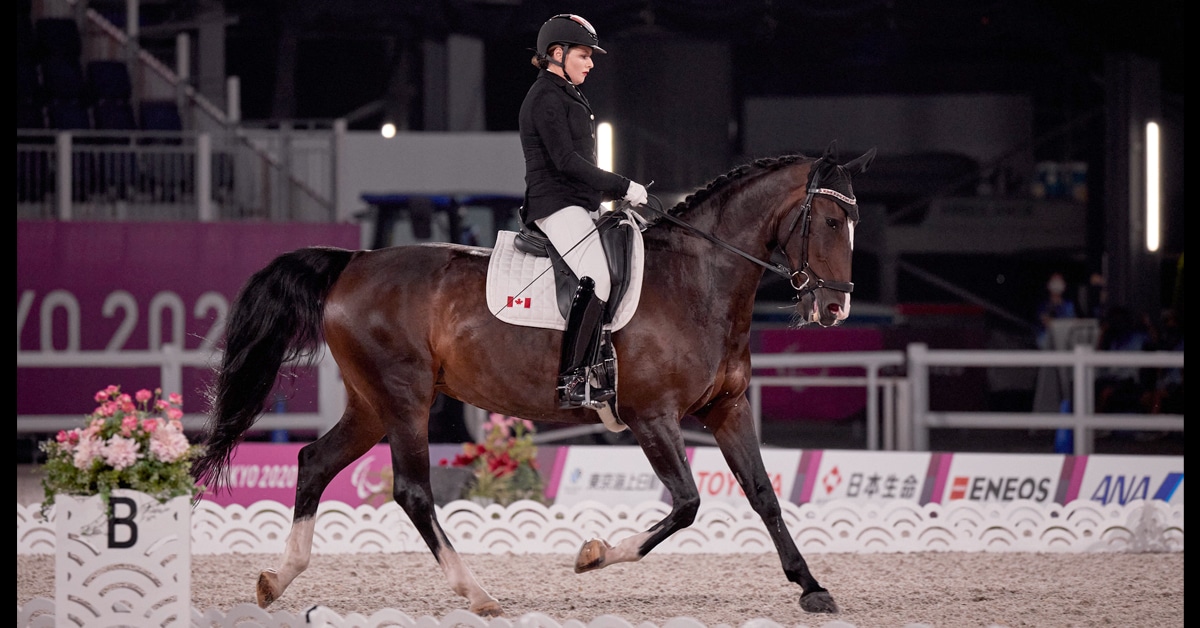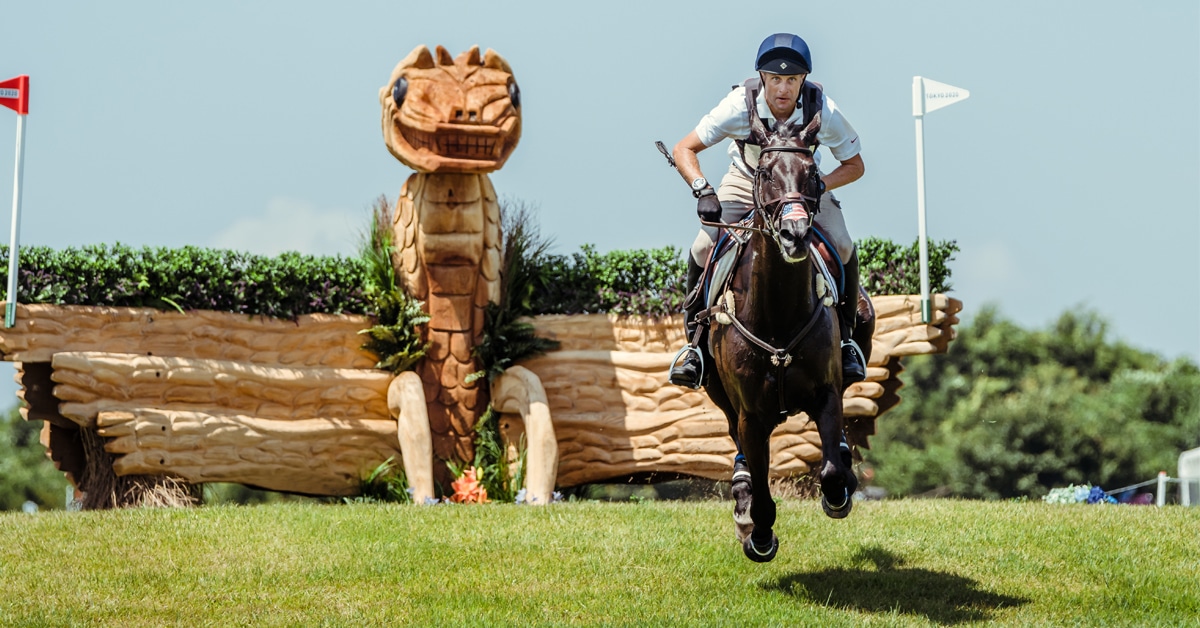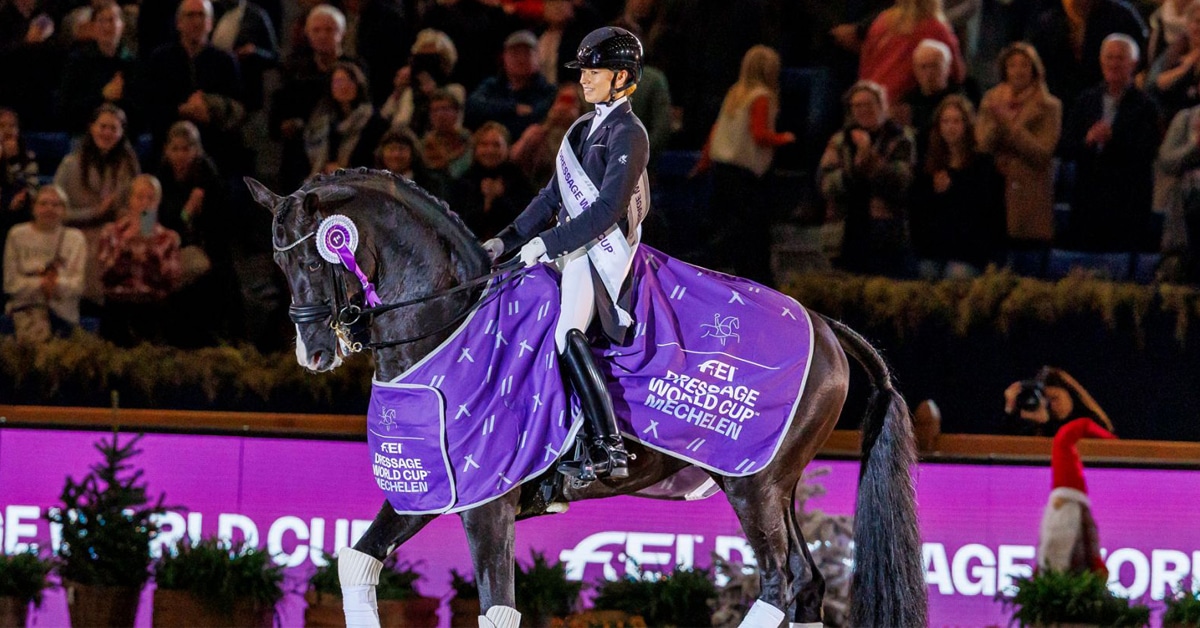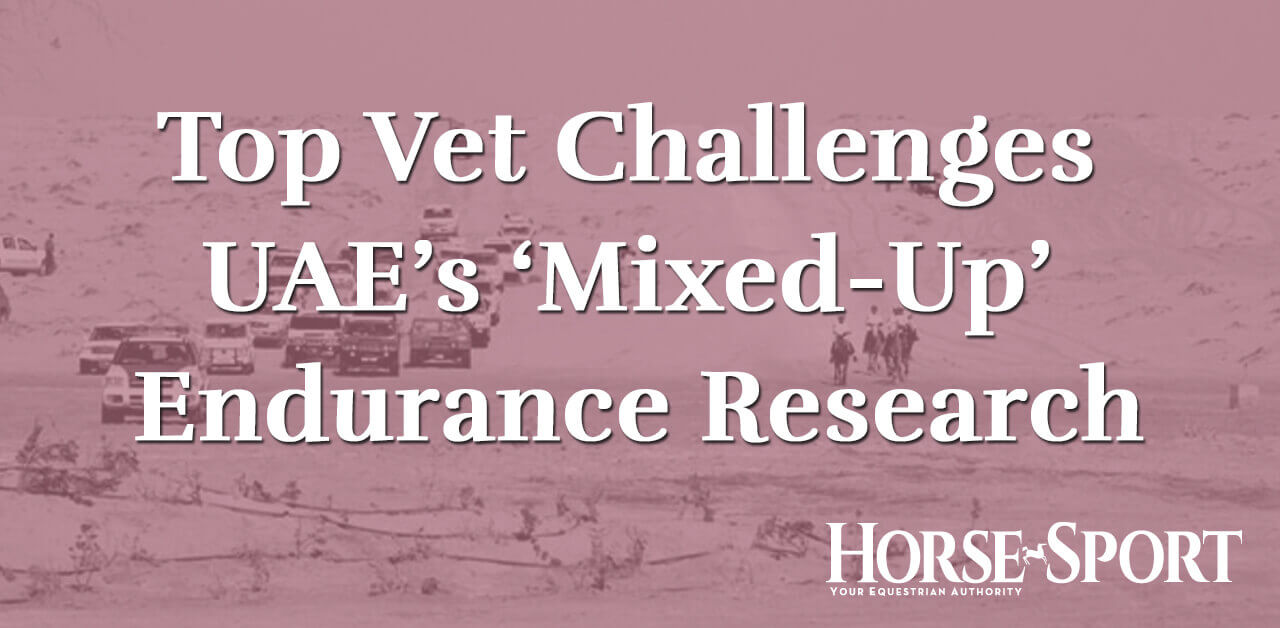Professor Tim Parkin, a world authority on athletic injury in horses, has publicly rebutted research circulated by the UAE in its bid to counter the FEI’s stricter new rules for endurance.
Prof Parkin said many of its conclusions – such as that horses “constantly involved in endurance events develop fewer injuries” – were “mixed-up,” confusing cause and effect. He also said the conclusions “cherry-picked” certain data, and he queried the “quality, veracity or accuracy” of the research, which had undergone no academic peer review. The research was undertaken by FEI statistics contractor EquiRatings Ltd, on a private commission from the UAE.
Prof Parkin is long-time head of the FEI’s global injuries study at the University of Glasgow, UK. He is a member of the FEI veterinary committee and FEI Endurance Temporary Committee (ETC), the latter having spent a year working-up the new rules.
He did not mention the UAE by name in a memo sent last week by the FEI to all national federation (NFs), prior to the FEI General Assembly in Moscow. It can be found in section 20.1, Comments on Evidence.
However, the target of his criticism is not in doubt. This summer the UAE sent a long document, quoting its EquiRatings study, to all NFs, some of whom reproduced the UAE suggestions word-for-word in feedback to the FEI.
UAE organizers have developed the high-speed desert races that cause the majority of horse fatalities, abuse and doping scandals. Final loop speeds in or around 30kph are the norm, so any proposals to penalise riders exceeding 20-22kph will impact significantly on the Middle Eastern sport.
The UAE NF asked EquiRatings to analyze 62,288 results from 618 endurance competitions involving 13,280 horses, hoping to show desert racing as non-harmful. The UAE believes that proposed longer mandatory rests between races for horses with repeated vettings-out are not justified.
In answer to the contention that “horses seriously injured are those who have returned to competition after a long break,” Prof Parkin said the more realistic conclusion is that the old injury itself posed the increased risk. “There is plenty of evidence from Thoroughbred racing … that horses in this situation never return to original ‘base-line’ risk. Once they have incurred an injury their risk of subsequent (fatal) injury remains elevated throughout the rest of their racing career,” he said.
The UAE concluded that horses “constantly involved in endurance events develop fewer injuries.” Prof Parkin said horses are able compete consistently precisely because they DON’T get injured. “This is a classic example of drawing an incorrect conclusion based on an incorrect assumption related to cause and effect. In other words, mixing-up which of two factors is most likely to be causing (or at least contributing to an increased risk of) the other.”
He agreed that a handful of super-horses are repeatedly successful at high speed. But “the clear message from the peer-reviewed literature indicates that the faster horses go, the greater the risk of FTQ [elimination at vetgate.] The risk of FTQ almost doubles for horses being ridden at 24kph compared with 20kph.
“Selecting a particular group of horses that are successfully completing lots of rides and comparing them to lower performing horses could perhaps be regarded as ‘cherry-picking’ the data.”
The FEI often publishes one-sentence responses to NF suggestions during the rule-making process, but it is highly unusual for an individual committee member to challenge NF evidence head-on. Prof Parkin’s statement can be interpreted as a sign of growing tension behind the scenes, before the future of endurance is decided in Moscow on November 19.
Dr Al Hajri, secretary-general of the UAE federation, told Horse Sport: “Our comments have been sent to all NFs which are based on the results of the scientific and practical study by EquiRatings, an equestrian research analytics company, as directed by the FEI, together with our field analysis and in consultation with the athletes and our stakeholders, for the betterment of the sport of endurance riding in future.”
Ireland-based EquiRatings is best known for its work in eventing risk management. Managing director Diarmuid Byrne told Horse Sport: “We have an excellent relationship with the FEI and support their efforts in improving safety across the equestrian sports. We cannot comment publicly on individual pieces of research which are requested by clients on their own datasets.”
Prof Parkin’s full memo can be found in section 20.1, Comments on Evidence here.
More from Endurance:
